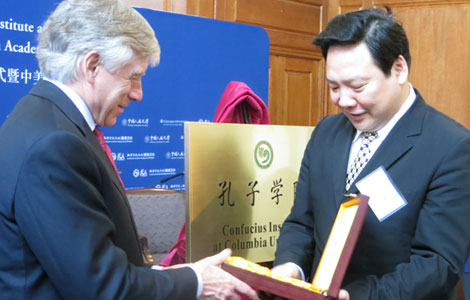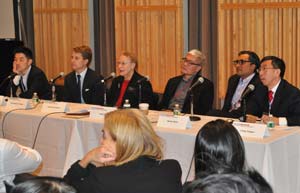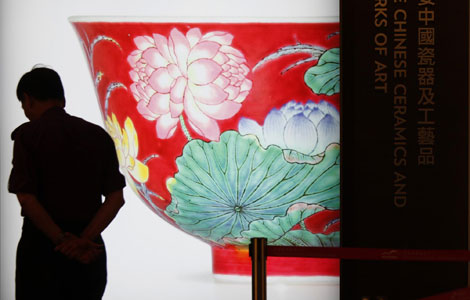Apple upsets the risk-reward ratio cart
Updated: 2013-04-11 13:21
By Mariana Mazzucato (China Daily)
|
||||||||
While such tax loopholes need to be plugged, the tax system is not the only way to recoup the benefits that the US government helped trigger with its investments in risky innovations.
What to do to make the field of technology funding less parasitic? Part of the solution must entail the government getting a "reward" for the high-risk areas it funds directly. Wherever technological breakthroughs have occurred as a result of targeted public sector interventions, there is potential for the government, over time, to reap some of the financial windfall. This can occur by retaining a "golden share" of the royalties from patents, retaining a portion of equity, or also administering so-called income-contingent loans, similar to those now offered to students.
Clearly, the role of the government is not to run commercial enterprises, but to spark innovation in strategic areas. But given the ever-tighter public budgets, unless an innovation fund can be regularly replenished with some returns from the successes, innovation itself would be under threat.
The government should never have an exclusive license on or hold a large enough portion of the value of an innovation so that its commercial use is deterred in any form or fashion. But at the same time, it is self-defeating even for private-sector innovation if private companies are the only ones to gain all the reward. Indeed, the same criticism made about banks - socialization of risk, privatization of reward - holds for the innovation economy.
If the US wants to continue to be a leading technology nation providing a good quality of life to all its citizens, then it must urgently redress the grave imbalance in the risk-reward ratio governing the technology sector.
The author is a professor of economics and RM Phillips Chair in Science and Technology Policy at University of Sussex, and a contributor to The Globalist.com.
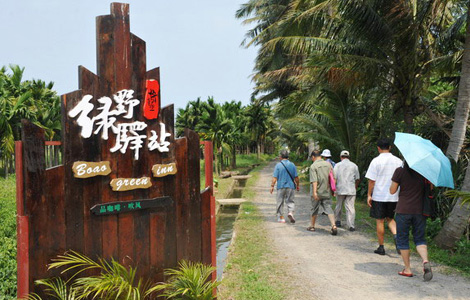
 Developing Hainan as int'l resort island: Xi
Developing Hainan as int'l resort island: Xi
 President pays visit to Hainan fishermen
President pays visit to Hainan fishermen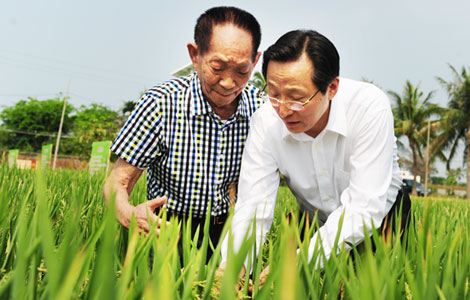
 Super rice keeps China's supply self-sufficient
Super rice keeps China's supply self-sufficient
 Expats prefer Beijing, Shanghai
Expats prefer Beijing, Shanghai
 At least 15 people stabbed at Texas college
At least 15 people stabbed at Texas college
 US to intercept DPRK missile if threatened
US to intercept DPRK missile if threatened
 2012 a peak year for archaeologists
2012 a peak year for archaeologists
 More research stations planned for Antarctica
More research stations planned for Antarctica
Most Viewed
Editor's Picks

|

|

|

|

|
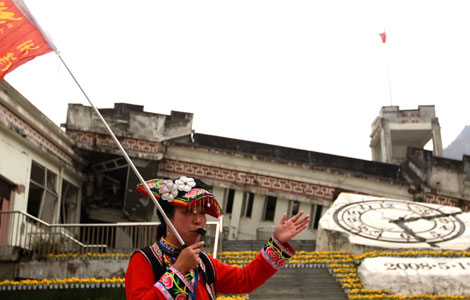
|
Today's Top News
Economy slips seven spots in global technology report
Nation imports reach highest mark in 10 years
Developing Hainan as int'l resort island: Xi
DPRK urged to refrain from provocations
IMF warns over three-speed economic recovery
Pentagon seeks $526.6b in 2014
Agreements to boost bilateral relations
Former railways minister charged with bribery
US Weekly

|

|
